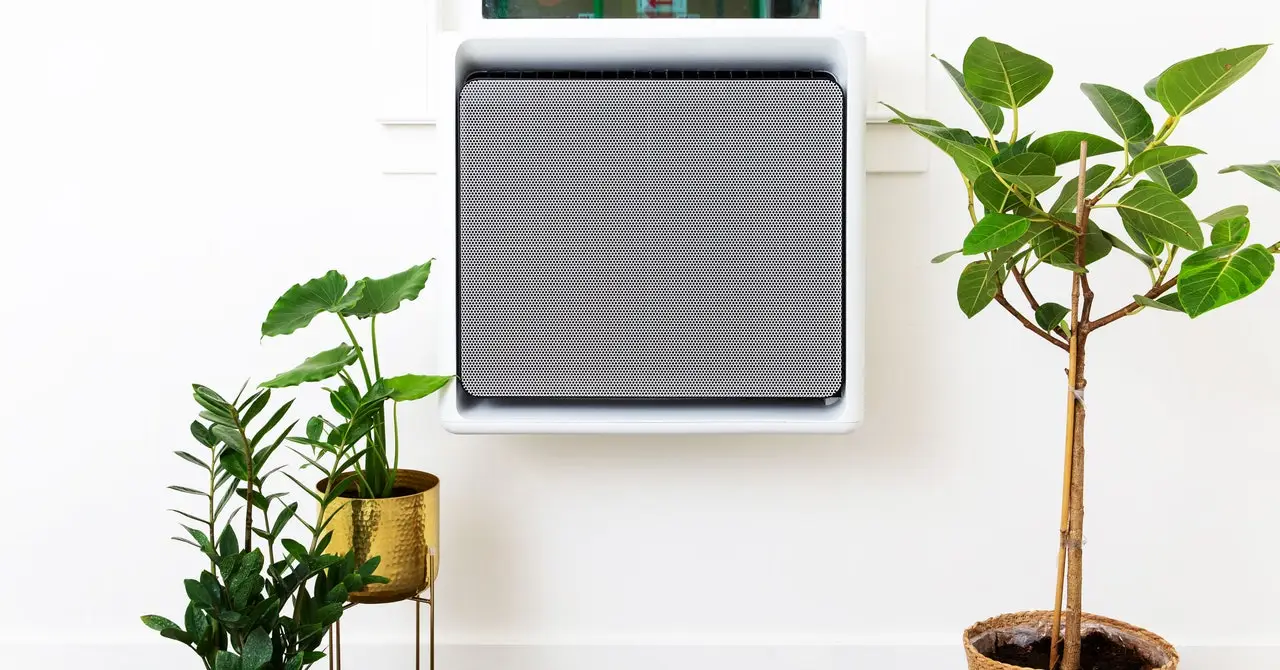Archived copies of the article: archive.today ghostarchive.org web.archive.org
The paper the article is about is here and its press release
The power company here keeps pushing heat pumps, but it frequently gets down below freezing and often below 0F during the winter, and my understanding is that heat pumps just can’t efficiently keep up with that, if at all, so supplementary heat is still needed. Is that no longer the case? “Every American” includes a lot of people in that same situation.
The article cites that it would save the average American $550 a year on utilities, so when you consider that it costs ~$15-30k to have a heat pump installed, we’re looking at a 27-55 year break-even point.
It makes sense for new construction but they seem to be advocating for retrofitting existing homes, and I just don’t see how they’re making the claim that it’s economically viable. It’d take some mega subsidies to make that possible for most people, I think.
I had a new multistage NG furnace, a heat pump, and a garage heater installed for 24000$, with a 6k rebate coming my way. Where did you get your numbers?
I did this about a month ago.
Answered this below, but it was based on a quick google search and the estimate provided by an organization in my state that’s promoting heat pumps and other energy efficient appliance solutions. Based on what other folks are saying, it sounds like their estimate is just grossly high.
In addition to Thejevans points, your cost estimate is very high. That cost would be in line for a geothermal heat pump, which is far more efficient. Air to air heat pumps can be installed for more like $3-10k in most residential homes. And on the higher end that is a big house that is probably saving more than $550 a year.
Can you show me where you’re getting those figures? I was basing my estimate on a quick google search of prices, and the estimate provided for air-source heat pumps here. (MassSave is an organization that promotes energy efficient and climate friendly appliance solutions in Massachusetts), which seems to suggest $22,000 is an average cost, which is in line with the other estimates I was finding. ($10-$20k to buy the unit and $15-$30k including installation.)

Edit: To be clear, I’m not trying to be contrary or argumentative; I’ve been looking into heat pumps as a possible option for us for years and if they’ve become justifiable from a cost perspective, I’d love to get those details.
I looked up prices in Massachusetts, they are higher than the national average. Looks like 2 main factors:
1 A higher than usual percentage of mini splits vs central air. These will be more efficient and have a lot of comfort benefits, but are considerably pricier then retrofitting a central air system. So if you are retro fitting CA, you could come in under average.
2 MAs impressive $10k+ incentive system for whole home heat pump systems has resulted in HVAC companies raising prices, because of course it has. This is why we can’t have nice things.
I just looked up the energy star list of high efficiency heat pumps, chose the largest model, and googled a few of the prices to get about 7 to 10k. Which is still absurdly high for what they are, but I was looking at the highest efficiency ones so I guess they have fancier compressors or something else that lets them raise the price. I also got an average cost to replace an AC unit of 500 to 2500 dollars.
At the end of the day a air source heat pump is just an air conditioner with a 10 dollar reverseing valve, though they typically use very efficient air conditioners and add an emergency space heater aswell. Well if your being predantic an air conditioner is a heat pump, but generally in climate threads heat pump is shorthand for one that works in reverse for heating as well as cooling.
I really can’t imagine the level of grift you would need to have to get from that to 22k, unless you were using ground source or retrofitting central heating into a building that previously lacked it, though in that case you would probably use several minisplits to replace individual radiators or baseboard heaters.
Can’t you use your AC to heat with a little tinkering? Its basically a reverse heat pump.
It’s not a huge change in unit design to be able to do that, but most AC units sold in the US have historically not had that capability built-in.
Ah thats bad, but can you give them that ability?
You could literally turn the unit around, but they’re not designed for that. The controls would be outdoors instead of indoors.
I’m building a new house soon, and looked heavily into this. Live in USDA zone 5 Midwest.
First, like many have mention, I MUST keep gas furnace to handle the few weeks of -10F we have.
SECOND - the cost of gas is SO CHEAP, and electricity SO HIGH - that it ALWAYS costs more to run the heat pump. Even adjusting the heat pump range.
I couldn’t justify spending $10k more on the house, just to spend more on monthly bills.
My gas is like $7/mmbtu, and electricity $0.20/kwh.
Given the large number of gas export terminals already approved and under construction, I’m expecting US gas prices to at least double over the next few years, bringing them up to match the international LNG price.
Why does -10f mean you MUST have a gas furnace? Most modern cold temp heat pumps still have COP’s 2.5 to 3 at that ranges. Just look at the energy star database and then find a spec sheet for one of the cold wether ones.
Secondly, look into the actual cost of the unit, the largest air source ones like you mentioned are often in the 7 to 10k range, so take that, subtract the 2k fed subsidy, then the 3 to 4k of the one way heat pump (ac) it replaced. Admittedly, if your getting multiple weeks of -10 the benefits of such a high efficiency AC probably don’t have much effect.
Although, if your building new in zone 5, you probably should be looking at ground source rather than air source. It’s is actually a lot more expensive to lay the pipe and install, 20 to 30k, but that is a lot easier to do that before landscaping. Obviously the benefit is a lot higher efficiency at cold temperatures, given that the outside air temperature doesn’t have any significant impact on the output efficiency or capacity, as well as much lower energy useage.
Solar is also something to poke at if you have yard space or are planning a decent roof, especially if you’re not afraid of technical documents and at forum posts to do it yourself as diy often haves the cost. Pannel and inverter prices keep coming down, to the cost will probably be better by the time you actually build. I have supper cheap electricity (10c) and still a sub ten year net profit.
The extra 30 to 60k (depending on diy or cash grab company) is steep, but in the context of building your own house, the extra 50 to 100k for both geothermal and solar mean basically negligible utility payments for the rest of your life, outside of water if you don’t need a well, as compared to still having to pay in thirty to forty years, but now with that many years of price increases and inflation. Especially if we end up getting a carbon tax in fifteen to twenty years and utilities do what they did in Australia and massive jack up prices in protest, not that they saw anything but massive windfalls or lowered prices after it was repealed of course.




